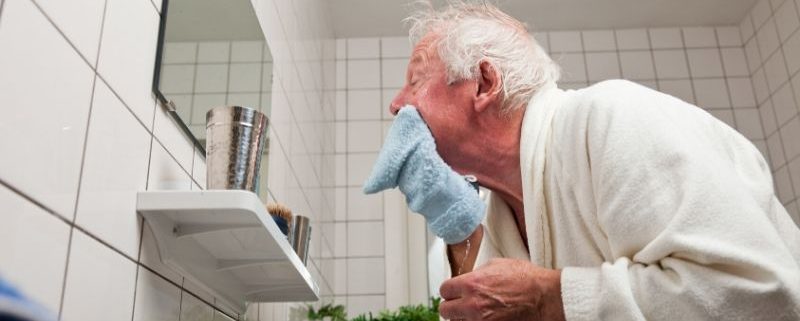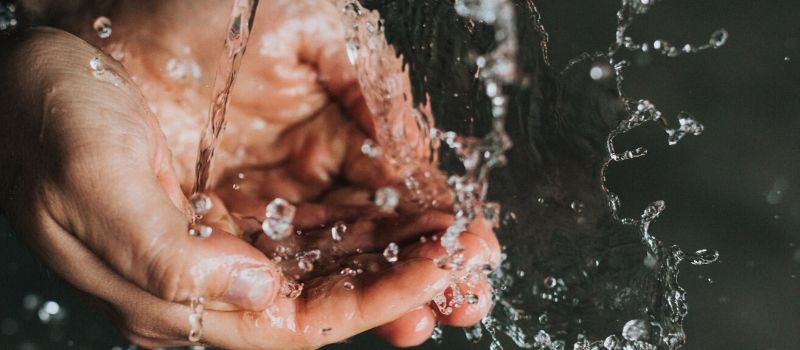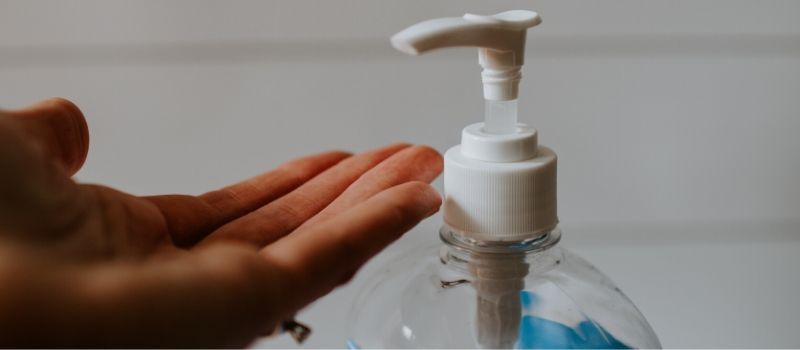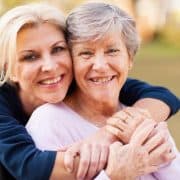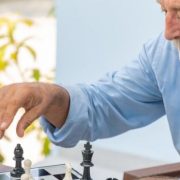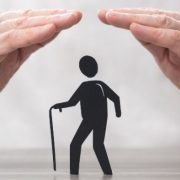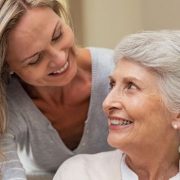Personal hygiene care for the elderly – best practices for grooming and hygiene for seniors
When we get older our motor functions gradually deteriorate. Activities that once did not cause us the slightest problem are beginning to be challenging. We need to remember that our elderly loved one needs help not only with household chores, but more importantly with maintaining good personal hygiene.
Poor hygiene is often the first sign that senior is not coping well on their own. It is associated with limited mobility, fear of falling in a slippery bathroom or health. A daily shower is crucial for healthy lifestyle, as it prevents infections and skin conditions. Find out, how to help the elderly with personal hygiene, while maintaining their dignity.
Overcoming problems and how to convince senior to take a bath
Memory problems, dyspraxia, joint pains – these are just a few issues that older people face every day. No wonder that taking care of their hygiene poses such a challenge. Unfortunately many seniors, who once were responsible clean adults, will refuse to bathe. As a carer we have to make an effort to understand from where this sudden fear and unwillingness is coming from.
Firstly, seniors may simply do not realize they need a shower. The senses (smell included) become duller with age thus elders will not be able to pick up on unpleasant smells. The fear of losing control may be another reason for poor hygiene. Most of us don’t like to be told what to do – carers instead of nagging and demanding will use gentle reminders.
Safety first
The bathroom can be a scary place, when you are older. Slippery floor may impose a risk and falls are the main cause of serious, sometimes life-threatening injuries. For the bathing to run smoothly, you always need to ensure the safety of the senior. The bathroom should have anti-slip mats both on the floor and in the shower or bathtub.
Attaching handrails and providing shower stool will help with safety. Older people experience changes in temperature much more severely. In order to avoid discomfort, make sure that the bathroom is warm, you can also offer a warm towel or a bathrobe.
Preserving elders dignity
Under no circumstances should the senior be forced, ridiculed or humiliated – be considerate and respectful. Personal hygiene care is very intimate. Let’s remember to preserve the dignity of the elderly.
Communication is very important. We can ask about their bathing routine or if they would like carry out certain tasks themselves. Carer shouldn’t do the toileting and grooming tasks mechanically and in a hurry. Help self-conscious person by covering their modesty when possible. Only uncover the areas that you are washing. Those techniques will reduce anxiety and allow seniors to still feel independent and safe.
Personal hygiene care for the elderly with limited mobility
Helping senior with limited mobility with washing will require a different approach. They are not able to go to the bathroom, all the task will have to be carry out in bed. Carers will use with special sponges and washing products. No rinse, waterless foams and creams that can be used in intimate areas are a great convenience. Carers should also have adults nappies, disposable or washable continence pads, plastic or PVC covers to protect beds at hand. Those will come in handy if senior is suffering from incontinence.
Bedridden elders may have problems with pressure sores. Remember to dry and moisturize their skin thoroughly. A massage that stimulates microcirculation and frequent position changes will be helpful as well.
Elderly care products
Our skin tends to lose elasticity with age. It is also thinner and prone to irritation. Carer and families need to keep that in mind while shopping for elderly care products. Keeping the moisture on a good level is extremely important. It is worth stocking up on baby olive and delicate personal hygiene products designed especially for elderly or babies.
Elderly care products should contain d-panthenol, allantoin, glycerin or urea. Remember to always pat the skin completely dry and then apply moisturizer.
Oral hygiene for the elderly
Essential part of elderly care is maintaining good oral hygiene. When getting older, our gums are prone to damage and this can lead to serious and painful infections. In order to prevent tooth decay seniors teeth should be brushed twice a day. Elderly often suffer from tooth sensitivity – be sure to use proper products.
Majority of older people have dentures, it should be adequately looked after. Brush it daily with denture care products. Encourage elders to remove the denture for the night in order to prevent gum damage.

